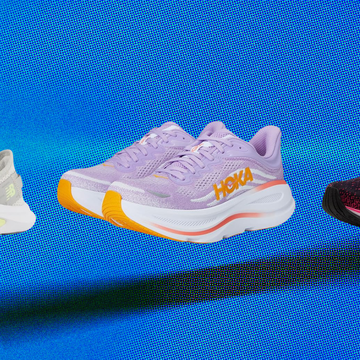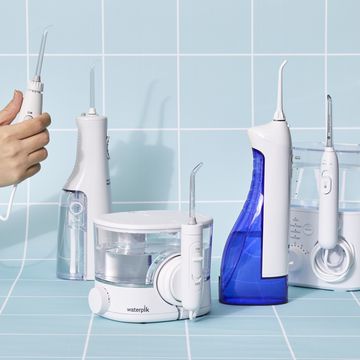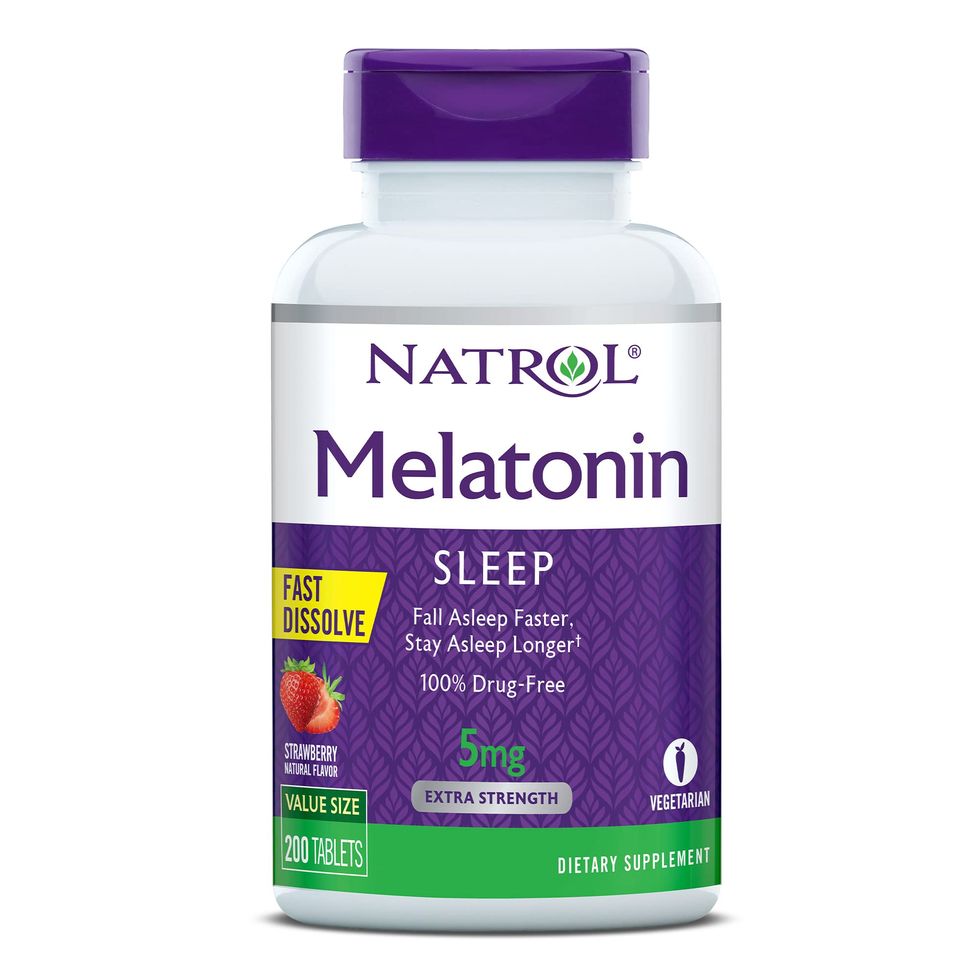10 Best Sleep Aids, According to Doctors and Sleep Experts
These sleep aids can help you fall asleep faster and snooze sounder.

We've been independently researching and testing products for over 120 years. If you buy through our links, we may earn a commission. Learn more about our review process.
Tossing, turning and on-the-hour clock peeks — cue the exhausted sigh because it sounds like another restless night. Sleep is one of the most important things that our body needs for optimal operating power, but it’s also one of the “healthy you” to-dos with which many people struggle. “A good night’s rest is important — it supports a healthy weight, which is good for your heart, keeps your immune system strong and recharges your body so you have the energy to keep up with life,” says Raj Dasgupta, M.D., sleep expert and assistant professor of clinical medicine at Keck School of Medicine of USC and host of The Dr. Raj Podcast. On the flip side, lack of sleep can mess with all of the above, as well as hormone production, brainpower, mood, digestion and so much more.
At the Good Housekeeping Institute, our experts know the value of a restful night of slumber as we've tested all sorts of sleep products from the best pillows to cooling pajamas. And when it comes to supplements, the registered dietitians at our Nutrition Lab have also rigorously reviewed everything from magnesium and turmeric to protein powders, prioritizing picks that have been tested by credible third parties. We've narrowed down some of the best sleep aids — whether you want to take a supplement or are looking for other ways to improve your sleep.
Our top picks:
While certain lifestyle habits may need to be tweaked to solve your skimpy sleep (like putting down the nightcap or cutting back on doomscrolling), there are other factors that can play a role in sleep dysfunction, including a health condition such as sleep apnea, some medications and even your bedroom environment. So it’s important to see a doctor if you seem to experience insomnia regularly, as a they can tease out any underlying causes, and a sleep specialist can suggest other ways to reclaim your ZZZs if your DIY tweaks (like the ones we’ll recommend below) don’t seem to working.
If you’re still having a hard time and can’t conk out, take a deep breath — it can be annoying and stressful, but sleep troubles aren’t unfixable. We’ve selected some of the best sleep aids that may help you out.


Readers Also Read

These Are the Best Walking Shoes for Women

Best Drops to Soothe Dry Eyes

The 8 Best Water Flossers
The Best Fitness Watches for Women






















